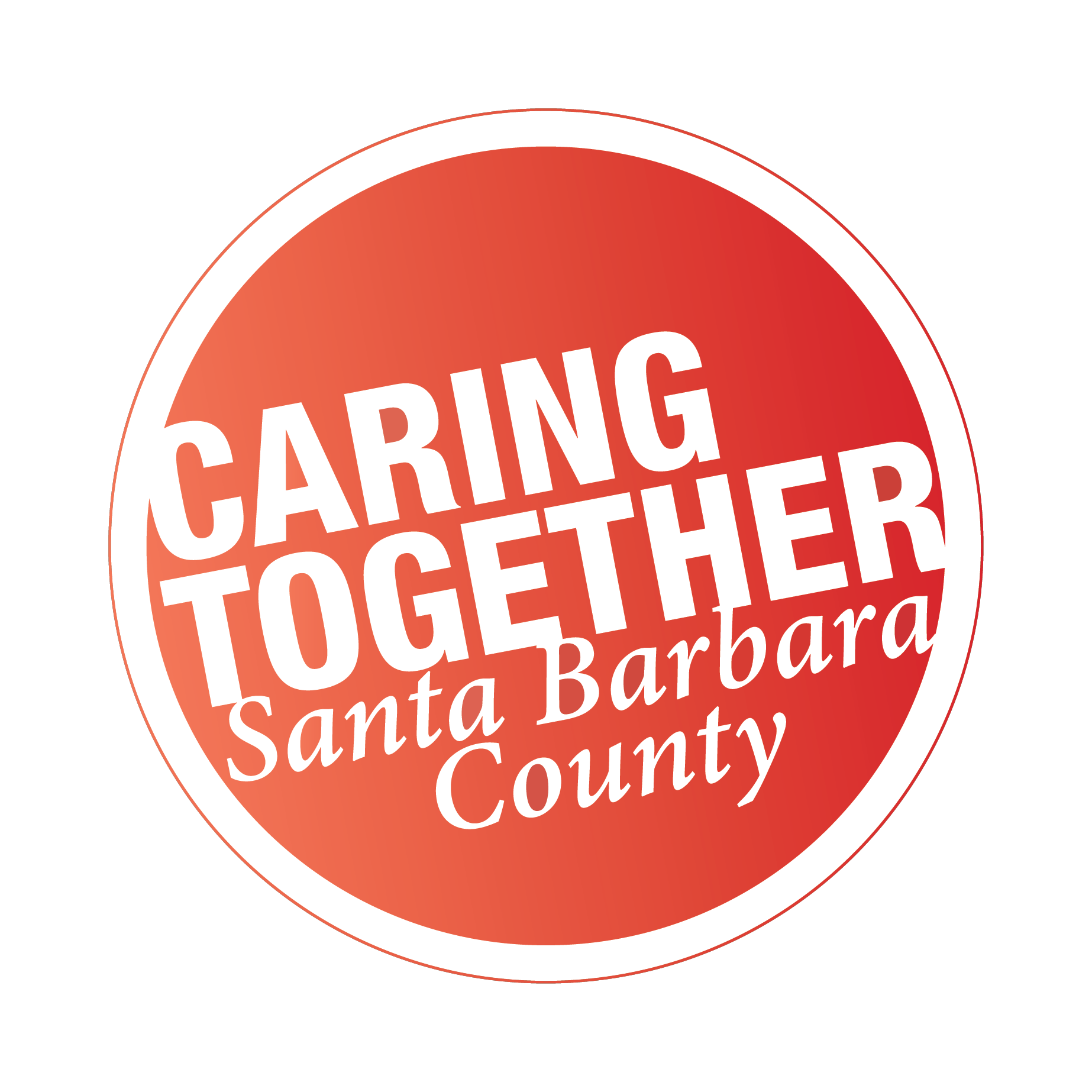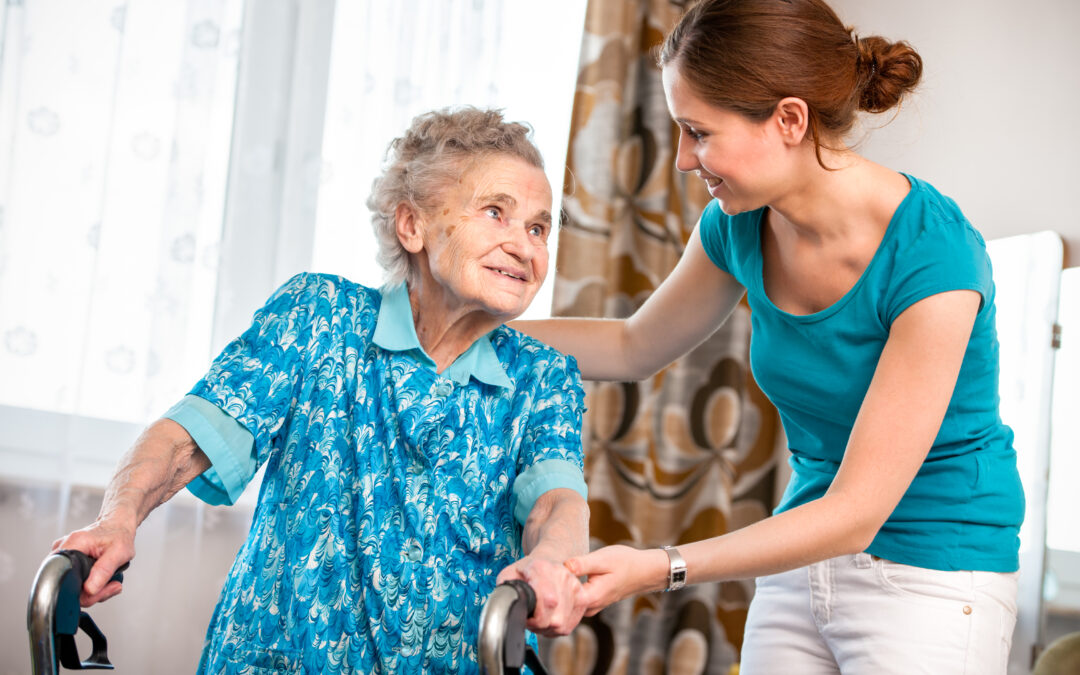Senior Care Consultant
By 2050, it is predicted that seniors, aged 65 and older, will represent 20% of our population!
It is no surprise that the Baby Boomer population is responsible for the incredible surge in the number of seniors over the past 5-10 years. Although they may not be as tech-savvy as their children, aging Baby Boomers are typically tech knowledgeable, and as a result, expect both technological convenience and innovation in their care.
With this in mind, there is a trend toward in-home care as opposed to years past when a senior might inevitably be placed in a congregate care situation— a nursing home or Skilled Nursing Facility.
Regardless of where care is provided, in a home or in a facility, the cost is likely to be staggering. The National Council for Aging Care reported the average daily costs between $200 and $350 in 2019. In reality, 24-hour private duty home care in 2022 is more likely to cost anywhere from $600 to over $1,000 per day.
The ultimate tab for home health care depends on how frequently your loved one needs care and monitoring, and the length of time the home health aide or personal care attendant is on duty. For example, if your loved one needs care 365 days a year, this could cost between $219,000 to $350,000 per year.
How to Find and Hire In-Home Caregivers
So, the next likely question is: ‘How does anyone afford this type of home care and where and how can it be found?’ There are several options.
- Family members step up and assume caregiving duties, either full-time or part-time, as needs dictate.
- The Care Receiver or Family Member contacts a Home Care Agency to provide caregivers (and supervision, as needed).
- The Care Receiver, Family Member or a private Care Manager or Senior Care Consultant can privately hire and train one or more caregivers to provide either part-time (several hours a day) or full-time (24/7) care.
There are benefits and burdens with any of these choices. While a large portion of home care is provided in this country by family members, we also know that this takes a toll on the entire family. The family member may themselves be a senior, or may be younger and employed and have to juggle a job and their own family, in order to be a caregiver to their loved one. Many families feel trapped into taking on this role that they may not want or don’t feel prepared to assume. This may lead to resentment, burnout, personal health issues or a number of other unsatisfactory side effects.
Choosing a Home Care Agency may seem like the best choice, though it is a costly one. That said, one gives up the “personal choice” of caregivers, for the most part, and leaves the caregiver selection up to the Agency. On the plus side, the Agency is responsible to “fill the shift/s needed” so that takes a huge burden off the family and the person needing care. The staff are screened (including fingerprinting), supervised and bonded, along with receiving periodic training that is provided by Agency management.
Post Covid, there has been a great decrease in the number of Agency staff and this has impacted their ability to provide continuity of caregivers. In some situations, care needs could only be filled by having staff work 12-hour shifts (meaning 4-hours of overtime per 12-hour shift) resulting in significantly increased costs to the family.
The last option discussed will be for the Care Receiver/Family to interview, screen, hire and train prospective caregivers. For more complex cases, it might be wise to have a professional Care Manager or Senior Care Consultant assume this role, but again, this is an extra cost option.
Hiring Safeguards
It should be noted that whoever does the hiring of private duty caregiver, they must be sure to do the following:
- Carefully interview, conduct background checks (call previous employers for references) and require fingerprinting of prospective caregivers.
- Provide a job description which includes duties and responsibilities required of each shift of care.
- Provide a Plan of Care, outlining health care issues and specific actions required to address those needs.
- Outline any household chores that are required as part of each shift (e.g. meal preparation, laundry, grocery shopping, etc.)
- Clearly specify other responsibilities such as providing transportation to medical appointments, pet care, etc.
- Specify the Care Receiver’s personal care needs (bathing, dressing, mobility issues, special feeding instructions, wound care, catheter care, etc.) and provide training and oversight of care provided.
- Hold Caregiver meetings to discuss change in care needs and provide support and teaching for new procedures.
- Review performance at regular intervals and be sure to be clear about areas in which improvement is needed. Be sure that this is done in person and that the evaluation and performance is written and signed by the evaluator and the Care Provider. In the event that problems are identified or a probationary period is outlined in the review, it is wise to have a second person present during the performance review. Providing only a verbal performance review, especially when improvement is necessary, will not hold up in court, should there be a dispute that occurs at a later time.
These are just a few of the essential ingredients for successfully transitioning the care of a loved one to privately hired caregivers or a home care agency.
Options for those with Limited Income
Given the cost of private duty caregiving as well as care provided in licensed care facilities, there are other resources to be investigated for caregiver support.
- Cen Cal Health Santa Barbara (Medi-Cal) – (805) 685-9525
- Coast Caregiver Resource Center – Respite care funds to assist with caregiver support for families caring for a loved one with memory impairment or brain injury issues.(805) 569-8950
- Family Service Agency – Provides caregiver and mental health support programs to caregivers in our community, designed to help them recognize, embrace and manage their role as a caregiver. (805) 965-1001, ext. 1408
- Friendship Adult Day Center– Respite care for family caregivers who serve the needs of loved ones with memory impairment. (805) 969-0859
- In-home Supportive Services (County of Santa Barbara) — Provides household help and personal help to low-income seniors and disabled persons to remain safely in their own homes. (805) 681-4550
For more information on how to find local home care agencies or how to hire caregivers, or to obtain more information on the resources listed above, please contact Senior Connections, an information and referral program of the Central Coast Commission for Senior Citizens at (800) 510-2020 or (805) 928-2552.
Take your time and do your homework before deciding the best option to choose for your caregiving needs. Remember, there are many community resources to help you – all you need to do is to reach out for support.


